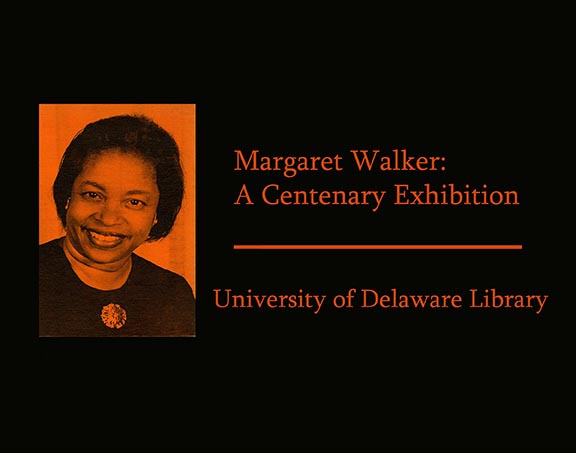
While she may be unknown to some, poet, novelist and teacher Margaret Walker (1915-1998) made an outsized impact on American literature. During a period when segregation and discrimination were legal in the American South, Walker wrote poems demanding civil rights and celebrating the language and culture, struggles and triumphs of African Americans. Critics have praised the combination of formal precision and deep conviction found in her poetry. Walker was born in Birmingham, Alabama. Her father was Methodist minister who would eventually join the faculty of New Orleans University. Her mother taught in the music department at the same institution. After her graduation from Northwestern University in 1934, Walker moved to Chicago, where she worked as a writer for the Works Progress Administration. She became a member of Chicago’s South Side Writers’ Group, and struck up a close friendship with novelist Richard Wright. Walker’s intellectual and literary coming of age took place during this period, and her poetry began to appear in national magazines. A major triumph came in 1942, with the publication of her first collection, For My People. She continued to publish poetry and prose for the next fifty years.
Curated by Curtis Small

